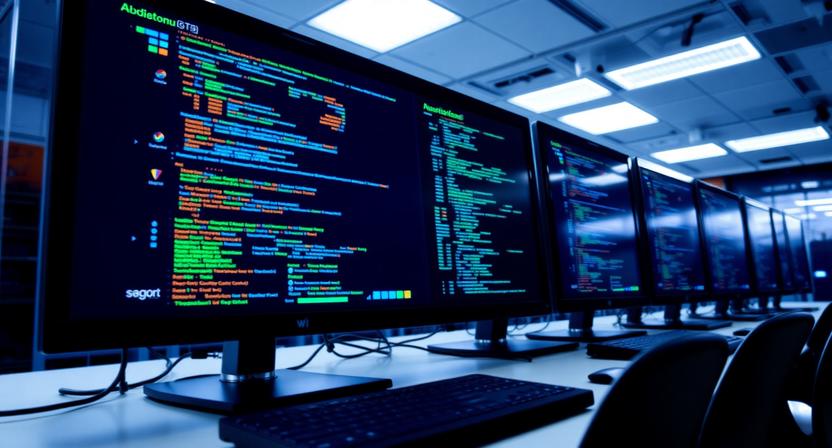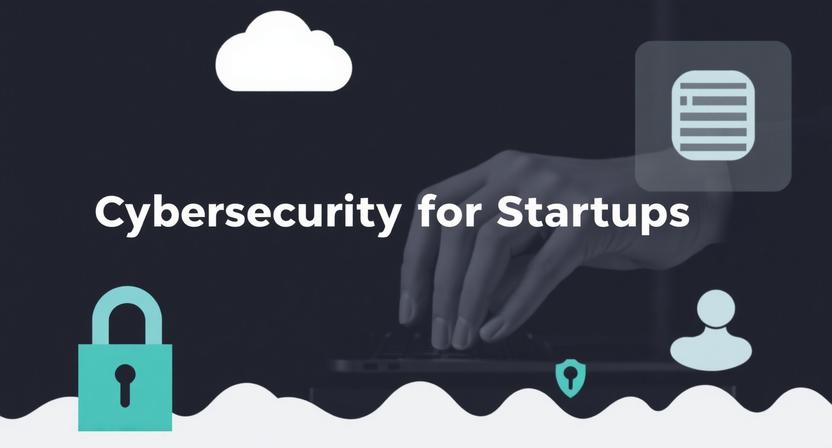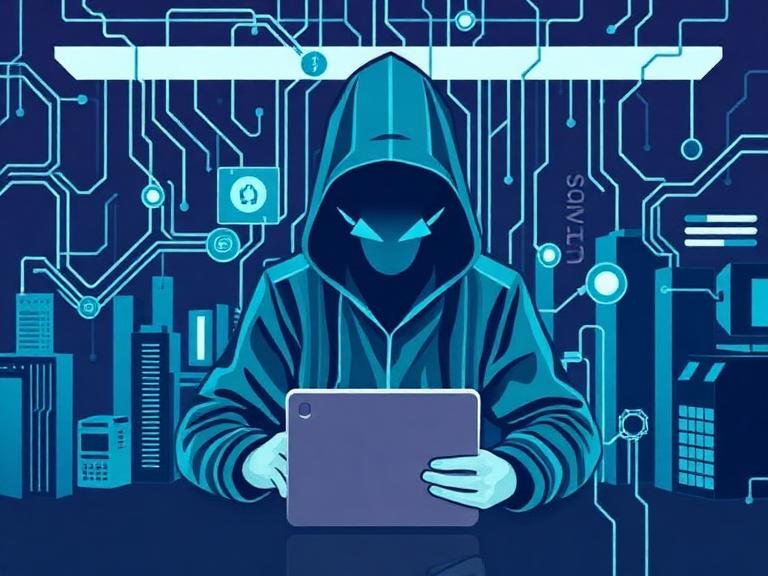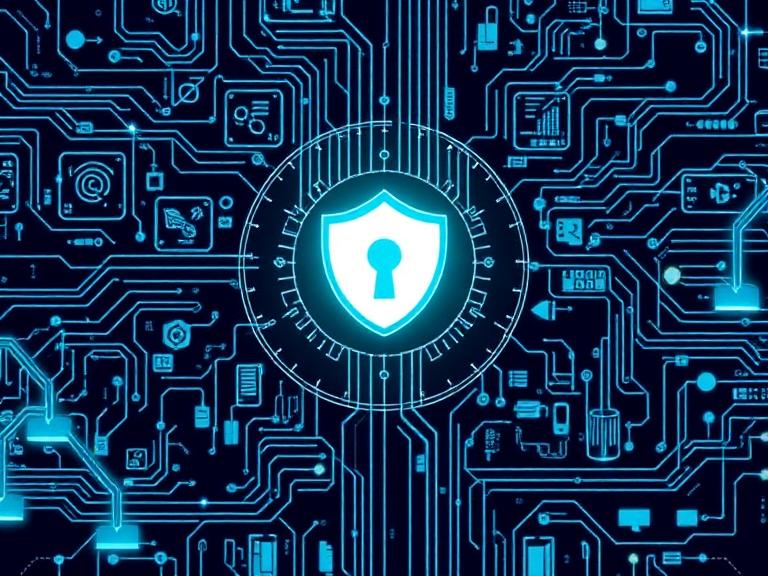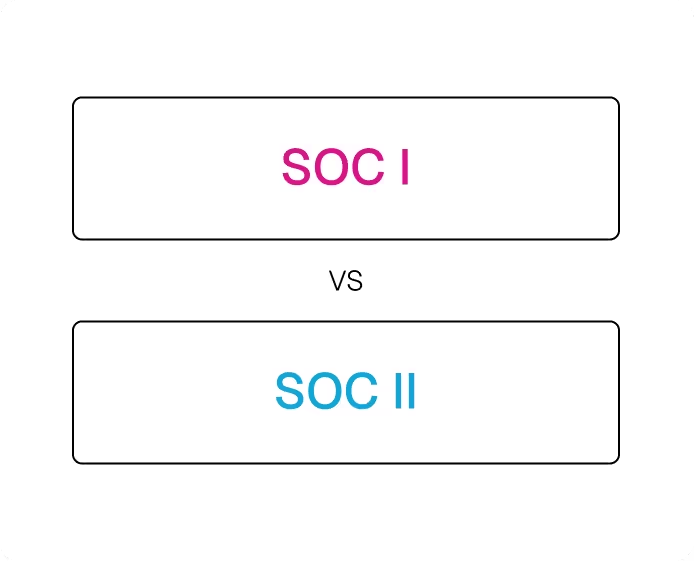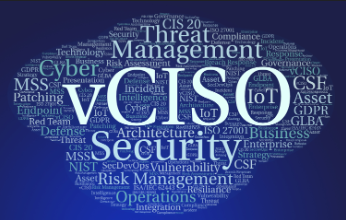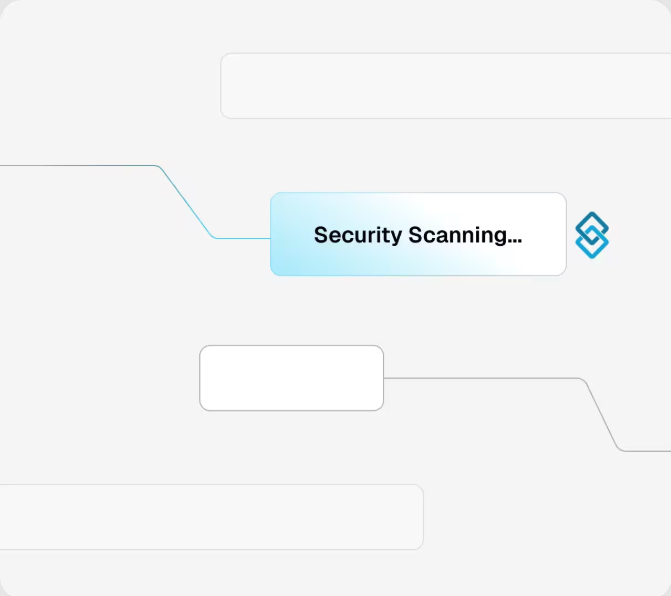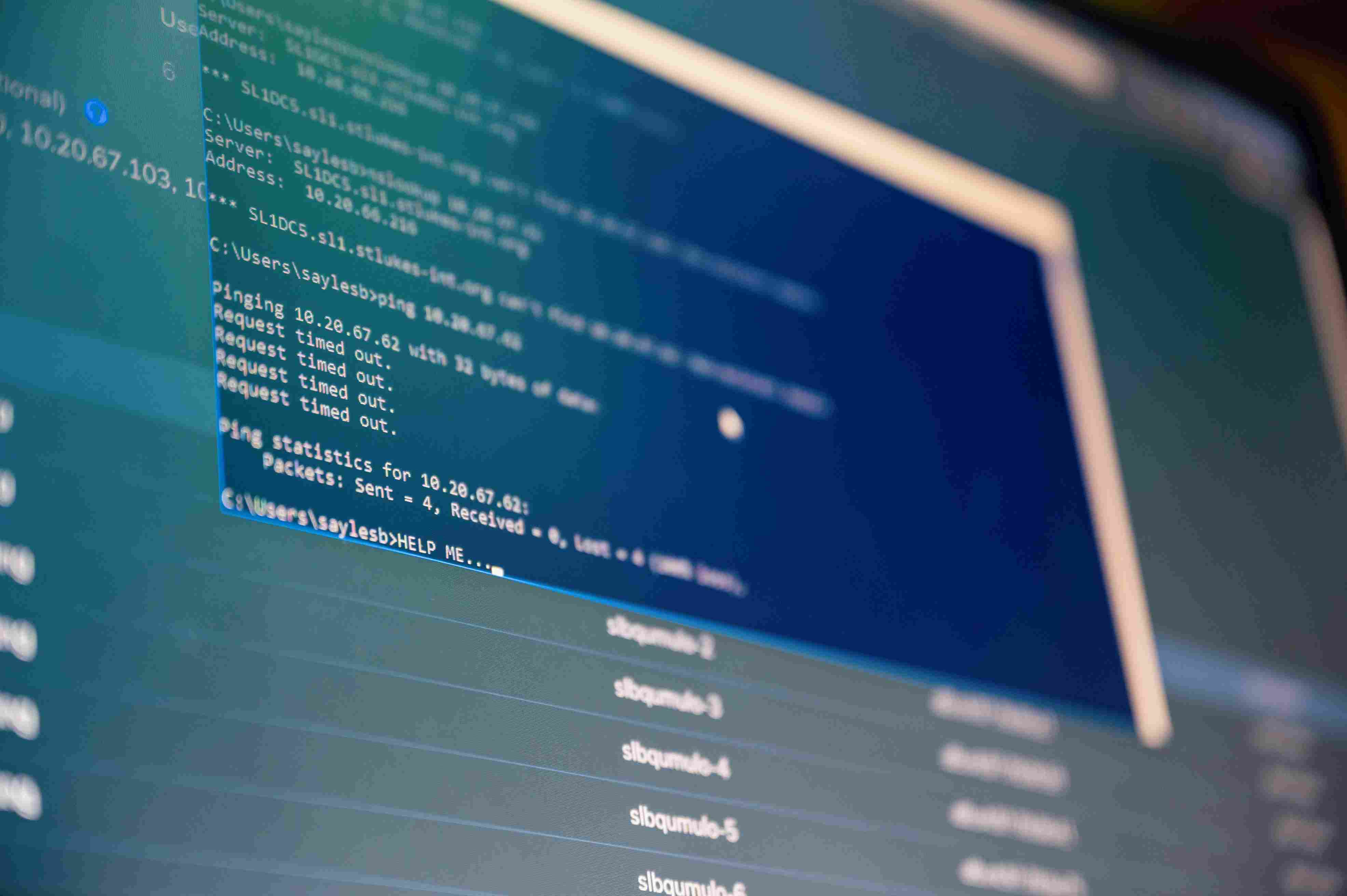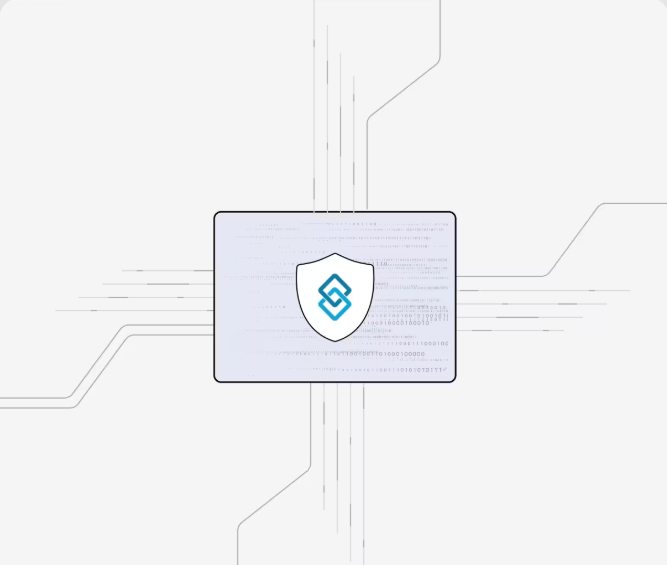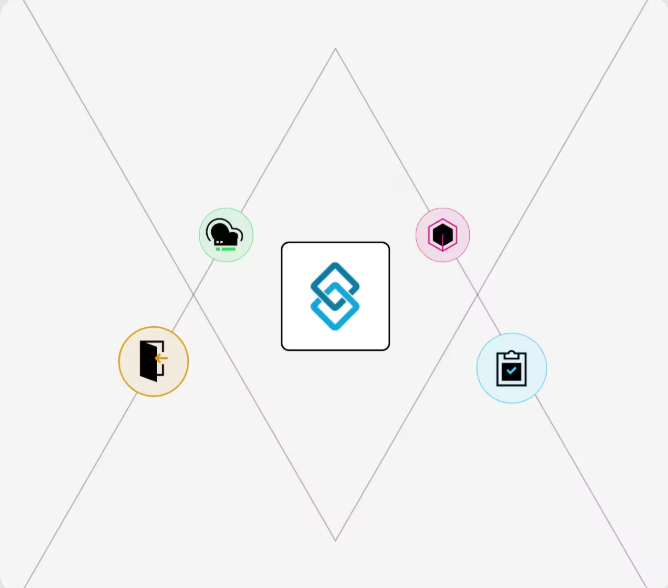How Do You Handle Cybersecurity for a Startup
Startups can’t afford to neglect cybersecurity—one breach can devastate finances, reputation, and investor confidence. By establishing early security measures such as access control, encryption, employee training, and response plans, startups can protect data while staying agile. Sentant helps startups design scalable, cost-effective cybersecurity strategies that safeguard growth, ensure compliance, and prevent costly incidents.

How Do You Handle Cybersecurity for a Startup by Sentant
If you’re running a startup, you already have enough on your plate—fundraising, product development, customer acquisition, and keeping your team motivated. But amid all the chaos, cybersecurity for a startup often ends up pushed to “later.” That’s a mistake many founders regret.
One breach is all it takes to deplete your budget, ruin your reputation, and scare investors away overnight. At Sentant, we meet with startups on a regular basis and we guide them in building lean and scalable cyber defenses that will adequately protect their data and their growth potential. This guide explains how to approach cybersecurity from day one — and without slowing your business.
Key Takeaways
- Cybersecurity is a must for startups handling customer or proprietary data.
- Early investment prevents breaches and builds investor confidence.
- Practical frameworks protect you without killing agility.
- Sentant helps startups design security strategies that grow with their company.
- Good security is both a shield and a selling point.
Why Startups Can’t Afford to Ignore Cybersecurity
Startups love speed. “Move fast and break things” might work for testing features—but not for data protection. In the early stages, startups are attractive targets precisely because they’re small, fast-moving, and often unprotected.
Hackers know this. They search for unpatched systems, not secure passwords, and open APIs. One data breach can come with a price tag in the hundreds of thousands to respond and recover, pay fines, and rebuild trust lost.
Since we started Sentant, we’ve watched founders go from panic to feeling secure after understanding that cybersecurity doesn’t have to be expensive or complicated. You just have to get the early, smart thing going and adapt as you evolve.
Building a Cybersecurity Foundation for a Startup
You don’t need an enterprise security team to start strong—you need structure and discipline. Here’s how to create a solid foundation.
1. Start with Access Control
Decide who has access to what. Leverage identity management tools and require multi-factor authentication. The fewer people who can reach your critical systems, the safer your data.
2. Keep Software Updated
Automatic updates have none of the sex appeal of newer features, but they slam shut some of the most common security holes. Patch it all — servers, SaaS tools, and yes, even your mobile phones.
3. Encrypt Everything
From customer databases to internal communications, encryption is non-negotiable. It’s one of the simplest ways to prevent breaches.
4. Train Your Team
A lot of cyber incidents begin with a careless click. Train staff to detect phishing attacks, manage credentials, and report suspicious activity.
5. Create a Response Plan
Great defenses can still lead to accidents. A practiced, written response plan puts a contingency in place so your team can act swiftly and calmly.
These basics cost less than a coffee subscription per employee but can save your company from disaster.
Risk Assessment: Know What You’re Protecting
Every startup’s risk profile is different. A fintech startup has very different threats than a design studio. That’s why step one in any cybersecurity strategy is knowing your weak spots.
A risk assessment identifies what’s valuable—like customer data, proprietary code, or financial systems—and how likely it is to be targeted. Once you know what matters most, you can allocate resources where they’ll make the biggest impact.
Sentant helps startups run streamlined risk assessments that reveal vulnerabilities before attackers do. It’s not about fear—it’s about focus. Knowing your risks lets you protect smarter, not just harder.
Cybersecurity Tools That Startups Actually Need
Let’s face it: you’re not Google. You don’t need 20 overlapping security tools. You need the essentials that deliver the biggest bang for your limited budget.
Here’s what we recommend most often for startups:
- Endpoint Protection: Tools like CrowdStrike or SentinelOne detect threats on laptops and servers.
- Password Management: Platforms like 1Password or Bitwarden eliminate shared spreadsheets full of credentials.
- Cloud Security Monitoring: If you’re using AWS or Azure, enable built-in security features and review logs weekly.
- Email Filtering: Tools like Proofpoint or Mimecast prevent phishing and spam attacks.
- Backup and Recovery: Regular backups ensure business continuity, even if an attack occurs.
A smart security stack grows with your business—it doesn’t slow you down. Sentant helps startups choose affordable solutions that deliver enterprise-grade protection without enterprise bloat.
Compliance and Legal Obligations for Startups
Even if you are small, the law applies. Regulations such as GDPR, CCPA, and HIPAA matter to startups depending on their product and market.
Disregarding compliance can result in fines, legal problems, or even lost business deals. Investors are demanding to know about a startup’s compliance readiness prior to opening their wallets.
Sentant helps startups navigate these frameworks early, designing compliance into their systems from the start. It’s easier — and much less expensive — to build security into your product now than to retrofit it later.
Handling Cybersecurity During Rapid Growth
Startup companies that grow quickly can find their risk multiplying overnight. New hires, cloud apps, and global customers all broaden your attack surface.
When it does, security policies need to keep up with that scale. Streamline onboarding by hiring, consolidate monitoring, and separate data by department or function.
At Sentant, we take these fast-growing teams and help them through rock-solid designs that scale as they do. Whether you’re hiring your 10th employee or your hundredth, you shouldn’t let it push through the cracks in your security.
The Role of a Managed Security Partner
For most startups, hiring a full-time cybersecurity team isn’t realistic. That’s where managed security providers like Sentant come in.
We are your security spine - we keep an eye on things, perform vulnerability assessment, and ensure compliance as you build up that cool new software. You receive expert protection without the expense of building an in-house team.
Startups that engage security partners early not only operate more securely — they also move faster. With the correct tools and guidance, you can ship features comfortably in the knowledge that your infrastructure won’t crumble beneath it.
Common Cybersecurity Mistakes Startups Make
It’s easy to overlook security when you’re moving fast. Here are the pitfalls we see most often:
- Relying only on cloud providers for security.
- Using personal email accounts for company access.
- Neglecting password policies.
- Ignoring third-party vendor risks.
- Failing to back up data consistently.
Each of these mistakes is easy to fix if you catch it early. At Sentant, we help startups identify these blind spots before attackers do.
Conclusion
Cybersecurity doesn’t have to be complicated or expensive—but it does have to start now. The earlier you prioritize it, the cheaper and easier it becomes to manage.
At Sentant, we make cybersecurity accessible for startups—combining automation, expertise, and clear communication. Whether you’re protecting customer data, securing cloud systems, or preparing for your next funding round, we’ve got you covered.
Ready to protect your startup? Contact Sentant today to get expert cybersecurity guidance tailored to your growth stage.
Frequently Asked Questions
1. Why is cybersecurity important for startups?
Because startups are often easy targets. A breach can lead to data loss, financial damage, and loss of investor trust.
2. How much should a startup spend on cybersecurity?
Aim for around 5–10% of your IT budget. Strategic investments early prevent much higher costs later.
3. What’s the first step in building cybersecurity for a startup?
Start with a risk assessment. Identify your most valuable assets and protect those first.
4. Does outsourcing cybersecurity make sense for startups?
Yes. It’s often cheaper and more efficient than hiring an in-house team, especially in the early stages.
5. How can Sentant help my startup?
Sentant provides managed security services, compliance support, and tailored frameworks designed specifically for growing startups.
Will Pizzano, CISM is Founder of Sentant, a managed security and IT services provider that has helped dozens of companies achieve SOC 2 compliance. If you’re interested in help obtaining SOC 2 compliance, contact us.


